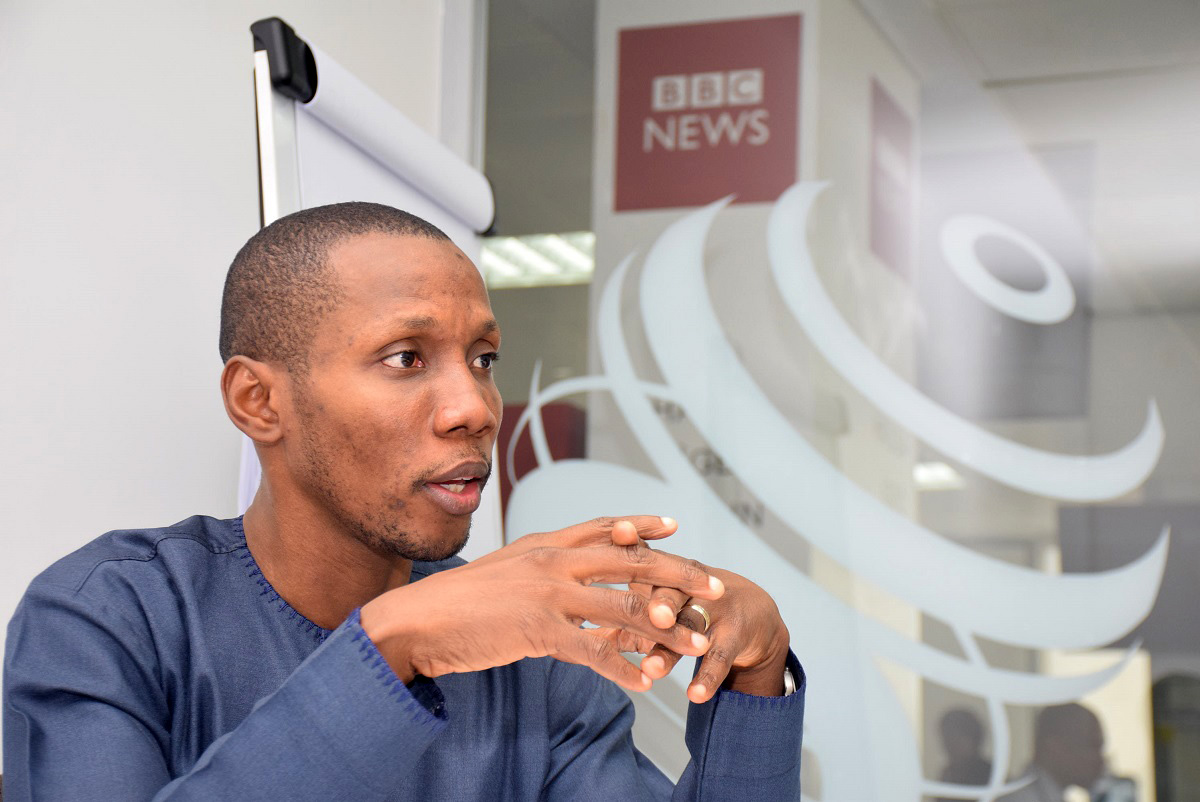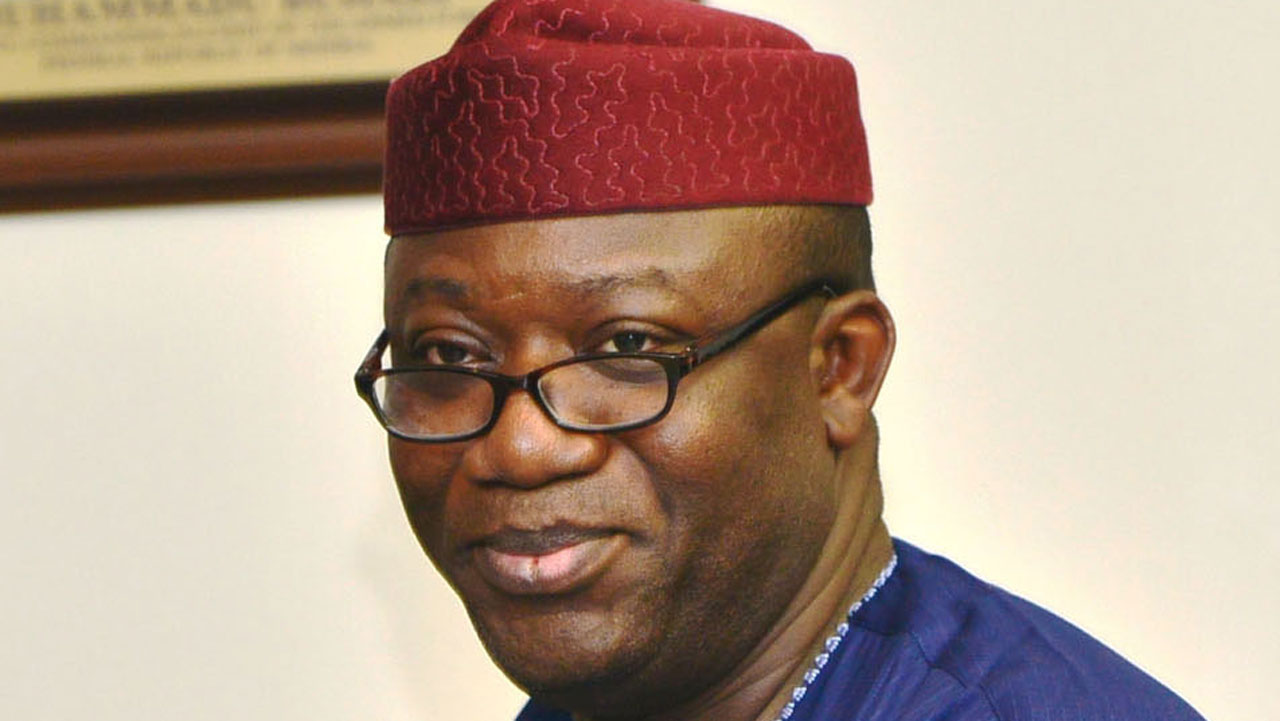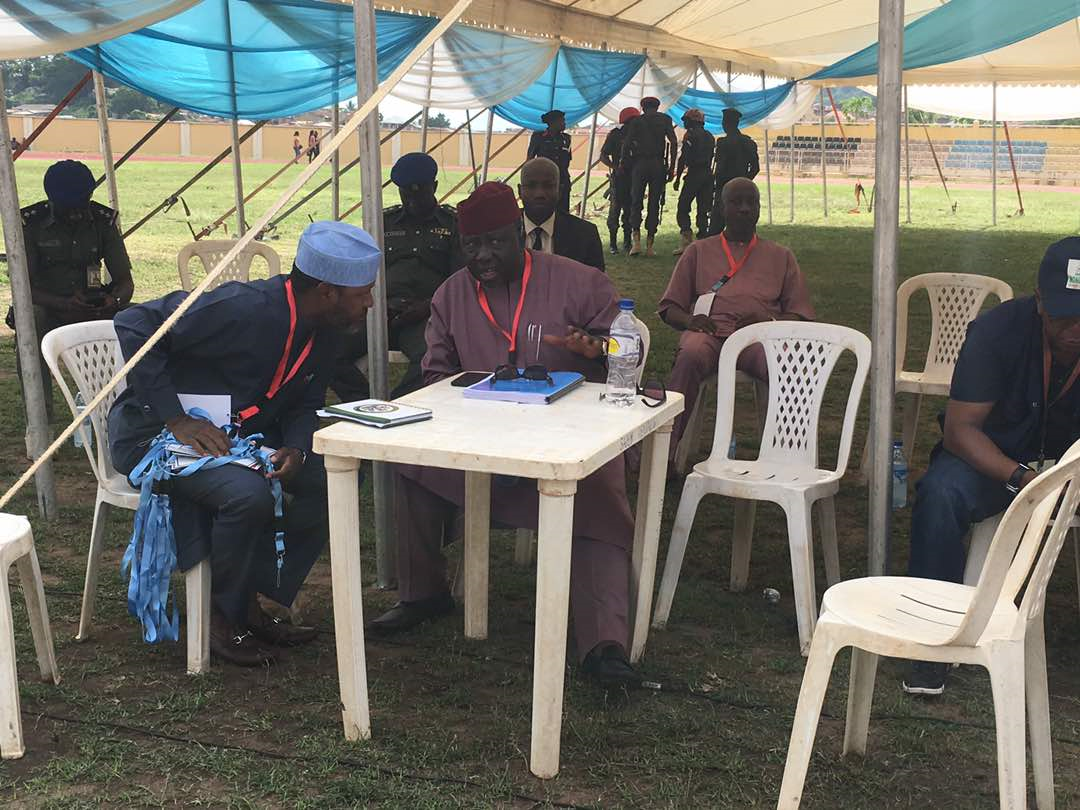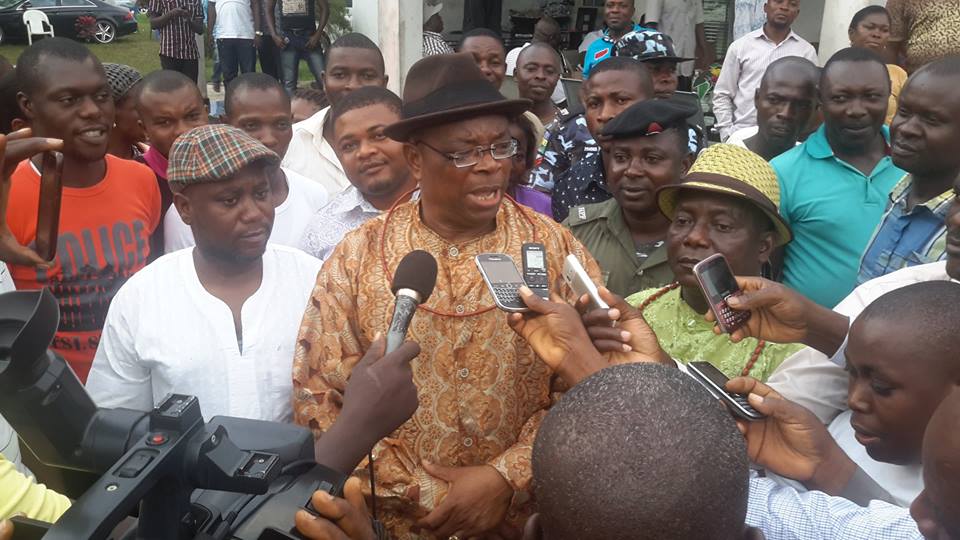The International Committee for the Red Cross (ICRC) and the United Nations Children’s Fund (UNICEF) have reportedly abandoned the nurse (pictured) and two midwives abducted by the Boko Haram sect in Rann, a community in Borno state.
The victims were kidnapped after the insurgents attacked the town on March 1, killing at least four soldiers, policemen and three humanitarian workers.
The Red Cross had confirmed that two midwives working at a clinic in the town were missing after the attack.
The abducted nurse identified as Hauwa Leman had sent an audio to one of her friends, demanding that her parents be informed that she had been kidnapped.
Advertisement
In a report on his website, Ahmad Salkida, a journalist known to have access to the leadership of Boko Haram, identified the abducted midwives as Alice Ngaddah, mother of two, and Saifura Ahmed.
Salkida said UNICEF and Red Cross are working with the understanding that the Nigerian aid workers were not employed by them but contracted by third parties.
According to Salkida, this might hinder the chances of the release of the victims.
Advertisement
“UNICEF, one of the international aid agencies involved in health and crisis mitigation activities in the Lake Chad region released a statement on its website affirming that ‘one of these brave workers who lost their lives, and the nurse who is missing, were on the front line providing critical services supported by UNICEF,” Salkida’s report read.
“UNICEF’s statement did not disclose the identity of the kidnapped nurse who was working at its instance. She is Mrs. Alice Loksha Ngaddah, mother of two. Our enquiry further revealed that Mrs. Ngaddah’s aged mother died unexpectedly, two weeks ago as a result of trauma over her daughter’s kidnap by the terror group.
“The other two victims, namely Hauwa Mohammed Liman and Saifura Husseini Ahmed have had members of their families claiming that they had been engaged through a contract by the International Committee of the Red Cross, ICRC, arguing that it was at the instance of the committee that Liman and Ahmed were at the location of the kidnap.
“Documents obtained by this reporter from ISWAP sources paint the picture of one working for and being paid by UNICEF, an impression that is at variance with the portrait quoted from UNICEF website.
Advertisement
“Efforts to get the family members to respond to this reporter’s questions fell on deaf ears as no one in Ngaddah family was willing to talk openly. Nevertheless, neighbours close to the family and who have borne the trauma with them mentioned that UNICEF personnel were on the ground at the funeral of Mrs Ngaddah’s mother and frequently updated the family on its efforts to address the situation.
“Sources within ISWAP confirm that the health workers are alive and are in good condition, but are unwilling to link their release to any condition or time frame. ICRC official that this reporter contacted stated that “even though they were not employed by us, we at ICRC are concerned for the two midwives as they worked alongside us.”
According to the report, the families of Leman and Ahmed are under the impression that the duo were ICRC staff.
“We are under the impression that our daughter was employed and being paid by the ICRC. That’s the only reason why we allowed her to work on her own because the ICRC is a globally respected organization,” the report quoted sources in Leman’s family house.
Advertisement
The report further said expatriate personnel enjoyed more privileges than local staff, while quoting Leman’s colleagues as saying: “We’re disturbed because if this kidnap incidence affected any foreign staff, it will be all over the place while efforts are made for their release. We, the local staff take far more risks because we are the only ones who can go to where our foreign colleagues cannot dare.”
The report also quoted a UN diplomat as saying “the only reason we are arguing whether or not those abducted were employed directly by UNICEF or ICRC is because they are not expatriates.
Advertisement
Spokesmen of the international agencies did not respond to inquiries by TheCable. Umar Sadiq, a field communication officer of ICRC, and Kusali Kubwalo, UNICEF’s head of communication in the north-east, neither responded to calls nor replied the text messages sent.
Advertisement
Add a comment







